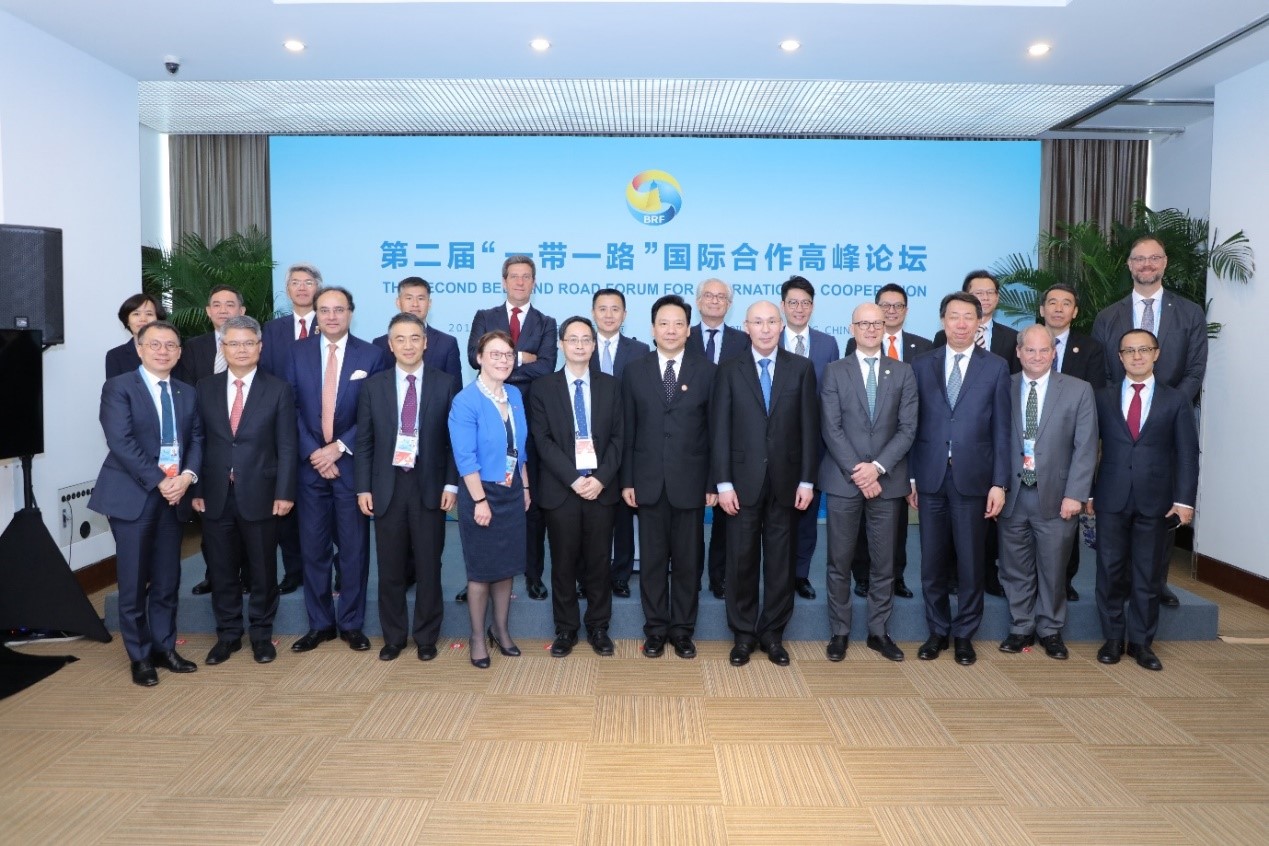
On April 25th, 2019, the Second Belt and Road Forum for International Cooperation was held in Beijing. At the Forum, 27 major global financial institutions of China, the UK, France, Singapore, Pakistan, the UAE, Hong Kong SAR and other countries and regions signed up to the Green Investment Principles for Belt and Road Development.
The Principles, developed on existing United Nations Principles of Responsible Investment (PRI), aim to incorporate low-carbon and sustainable development into the BRI. The principles commit to strengthening the environmental and social risk management of the investment projects and further promoting the environmental-consciousness of the BRI-related investments.
GREEN INVESTMENT PRINCIPLES FOR THE BELT AND ROAD
Principle 1: Embedding sustainability into corporate governance
We will embed sustainability into our corporate strategy and organisational culture. Our boards and senior management will exercise oversight of sustainability-related risks and opportunities, set up robust systems, designate competent personnel, and maintain acute awareness of potential impacts of our investments and operations on climate, environment and society in the B&R region.
Principle 2: Understanding Environmental, Social and Governance Risks
We will strive to better understand the environmental laws, regulations, and standards of the business sectors in which we operate as well as the cultural and social norms of our host countries. We will incorporate environmental, social and governance (ESG) risk factors into our decision-making processes, conduct in-depth environmental and social due diligence, and develop risk mitigation and management plans, with the help of independent third-party service providers, when appropriate.
Principle 3: Disclosing environmental information
We will conduct analysis of the environmental impact of our investments and operations, which should cover energy consumption, greenhouse gas (GHG) emissions, pollutants discharge, water use and deforestation, and explore ways to conduct environmental stress test of investment decisions. We will continually improve our environmental/ climate information disclosure and do our best to practice the recommendations of the Task Force on climate-related Financial Disclosure.
Principle 4: Enhancing communication with stakeholders
We will institute stakeholder information sharing mechanism to improve communication with stakeholders, such as government departments, environmental protection organizations, the media, affected communities and civil society organizations, and set up conflict resolution mechanism to resolve disputes with communities, suppliers and clients in a timely and appropriate manner.
Principle 5: Utilizing green financial instruments
We will more actively utilize green financial instruments, such as green bonds, green asset backed securities (ABS), Yield Co, emission rights based financing, and green investment funds, in financing green projects. We will also actively explore the utilisation of green insurance, such as environmental liability insurance and catastrophe insurance, to mitigate environmental risks in our operations.
Principle 6: Adopting green supply chain management
We will integrate ESG factors into supply chain management and utilize international best practices such as life cycle accounting on GHG emissions and water use, supplier whitelists, performance indices, information disclosure and data sharing, in our investment, procurement and operations.
Principle 7: Building capacity through collective action
We will allocate funds and designate personnel to proactively work with multilateral organizations, research institutions, and think tanks to develop our organizational capacity in policy implementation, system design, instruments development and other areas covered in these principles.